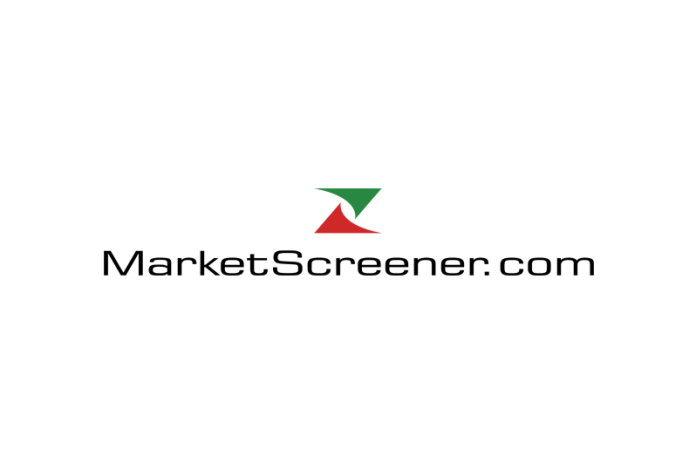Nestlé Launches Audit of Water Filtration Practices Following Perrier Scrutiny
Nestlé is initiating a comprehensive audit of its water filtration operations, including those related to its iconic Perrier brand, amid heightened regulatory attention and questions concerning mineral water purity in France.
The move comes after French authorities temporarily suspended the distribution license of one of the group’s mineral water sites earlier this year. While the company has since resolved the issue, the incident triggered deeper scrutiny into industry-wide practices surrounding the filtration and purification of natural mineral water before it reaches consumers.
Under French law, natural mineral water must be bottled at the source and retain its original composition, limiting the scope of permitted treatments. Regulatory officials are now examining whether certain filtration methods—particularly ozonation or ultraviolet treatment—comply with these strict definitions. Nestlé’s audit aims to review all its sourcing and water treatment techniques to ensure alignment with legal standards and consumer expectations.
Sources familiar with the matter state that the company has already made adjustments to its water treatment processes earlier in the year, moving away from certain disinfection methods at multiple production sites, including those supplying Perrier. These internal changes signal a proactive stance by Nestlé toward ensuring full compliance across its operations.
Nestlé emphasized its commitment to transparency, stating that its natural mineral waters meet all applicable health and safety standards. However, the company acknowledged the need for greater clarity and consistency around regulatory interpretations as scientific and consumer expectations evolve.
The outcome of Nestlé’s audit—and any regulatory responses it prompts—could have broader implications for the bottled water category in Europe. Brand managers and category leaders will be monitoring the situation closely, particularly as regulators signal a potential reevaluation of what defines “natural” in bottled mineral water. This could lead to shifts in labeling, sourcing, and production strategies throughout the sector.
France is Europe’s largest bottled water market, and any regulatory tightening could impact not only domestic producers but also multinationals operating across the EU. The Perrier case underscores the growing demand for supply chain transparency and reinforces the strategic need for FMCG companies to rigorously audit claims tied to natural origin and minimal intervention.

